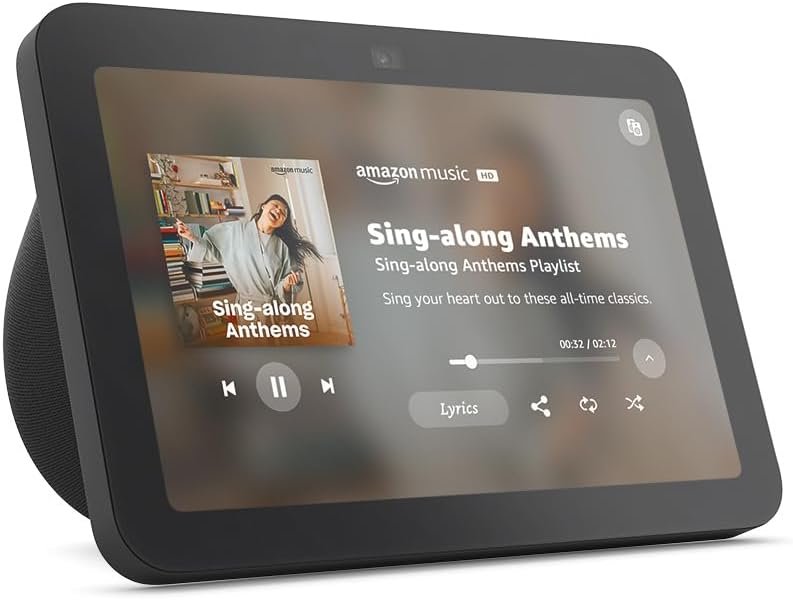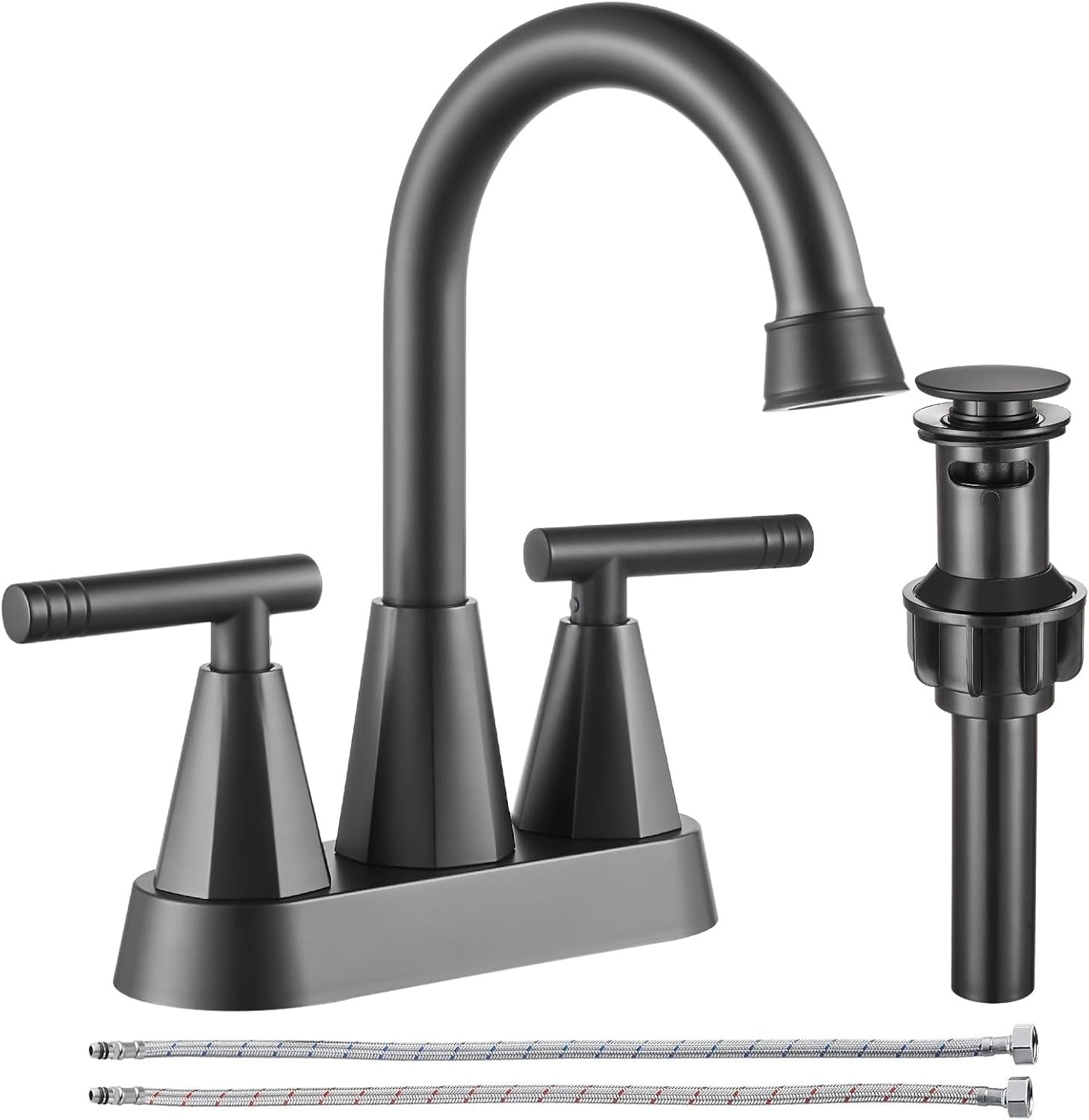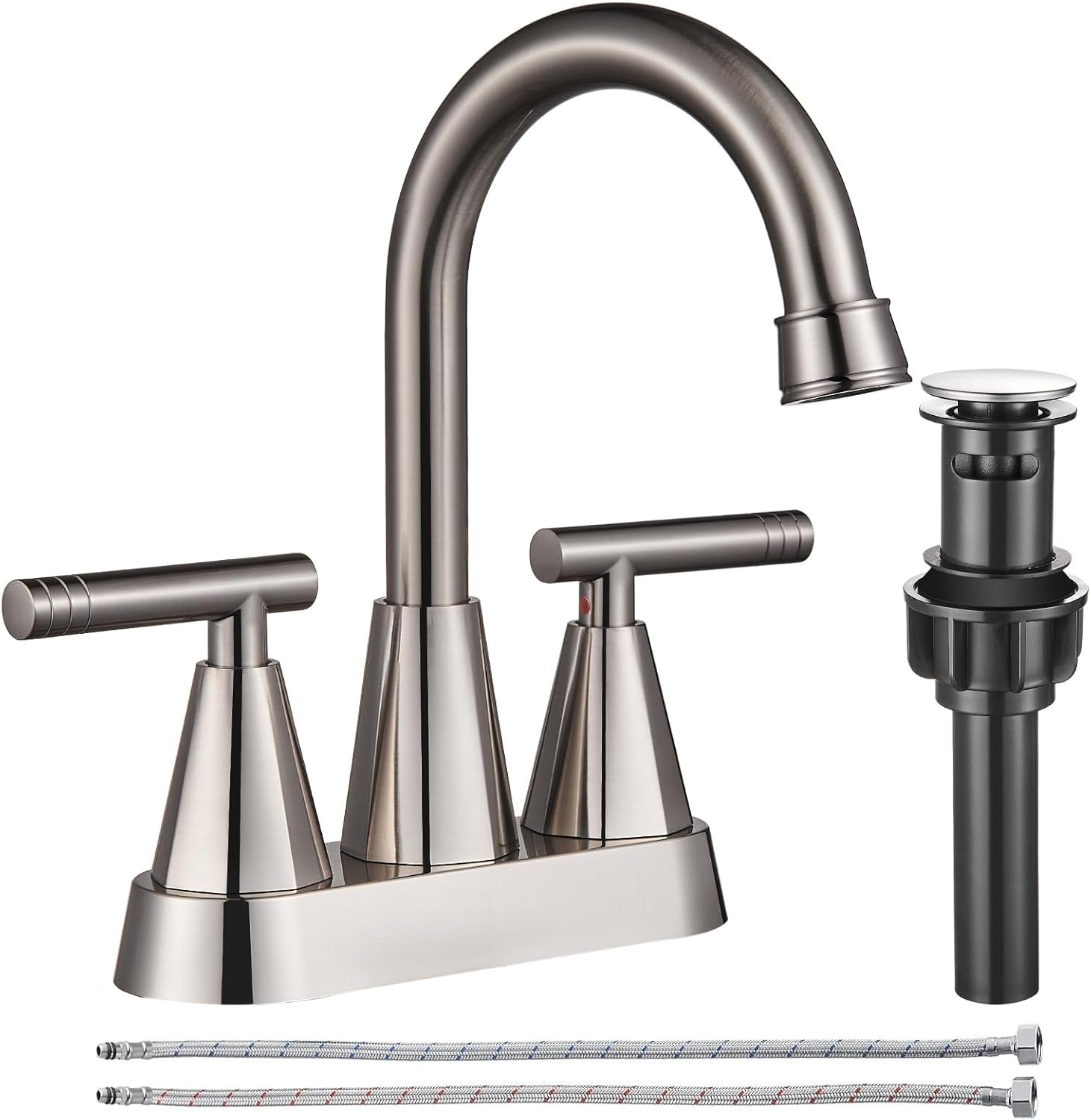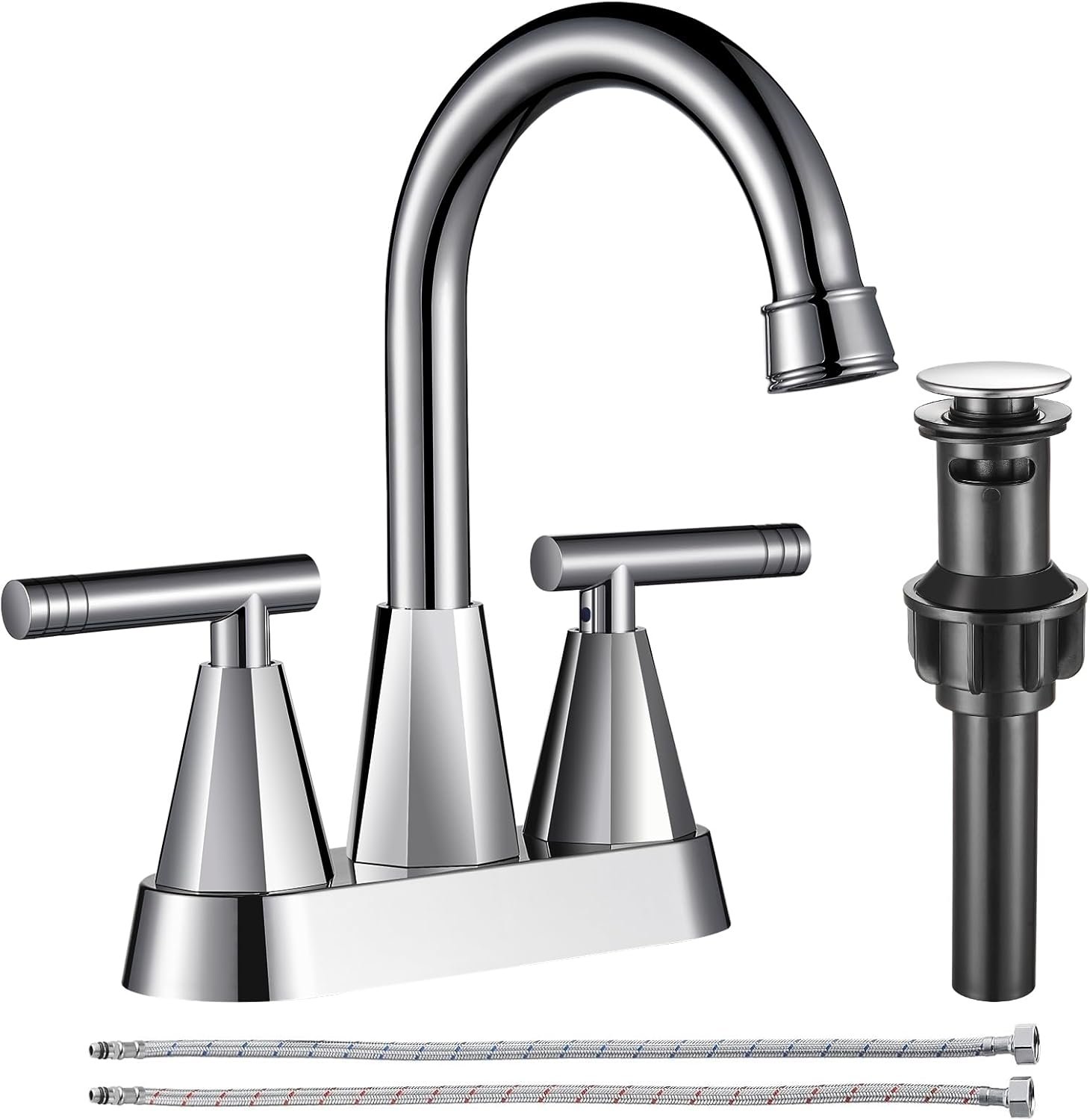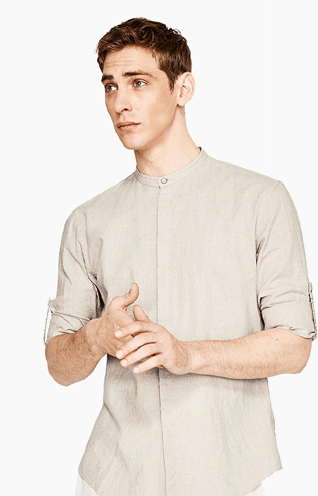In today’s fast world, simple living is becoming more popular. It helps us find happiness, less stress, and better health. Minimalism and living intentionally mean we focus on what’s important and get rid of what’s not.
This article will be your guide to a minimalist lifestyle. We’ll explore the philosophy, benefits, and how to live simply.

Key Takeaways
- Minimalism is a lifestyle choice that emphasizes living with fewer possessions and focusing on what truly matters.
- Adopting a minimalist approach can lead to increased mental well-being, financial freedom, and a reduced environmental impact.
- Decluttering your physical and digital spaces is a crucial first step in simplifying your life.
- Mindful consumption and the development of a capsule wardrobe are effective strategies for minimalist living.
- Simple living can be successfully implemented in the digital age, with a focus on intentional technology use and digital minimalism.
Understanding the Philosophy of Minimalism
Minimalism is about simplifying life by focusing on what’s truly important. It’s about getting rid of things we don’t need. At its heart, it teaches us to live with decluttering, mindfulness, and anti-consumerism.
Core Principles of Minimalist Living
Minimalist living has a few key principles. These include:
- Intentionality: Thinking deeply about what we own and do.
- Simplicity: Choosing what’s truly essential and cutting out the rest.
- Mindfulness: Enjoying the moment and valuing what we have, not always wanting more.
- Sustainability: Living in a way that’s good for the planet.
Historical Origins of Simple Living
The idea of simple living has been around for a long time. It comes from ancient Greek Stoics and 19th-century American Transcendentalists. They all believed in living simply and being self-sufficient.
Modern Interpretations of Minimalism
Today, more people are embracing minimalism. They see it as a way to declutter their lives, help the environment, and find more mindfulness and financial freedom. This modern take on minimalism also fights against too much stuff and encourages a more meaningful life.

“Minimalism is the intentional promotion of the things we most value and the removal of everything that distracts us from it.”
– Joshua Becker
Benefits of Embracing a Simple Living Lifestyle
Choosing a minimalist lifestyle brings many benefits. It leads to less stress, more financial freedom, and a greener way of living. These changes can make a big difference in your life.
Living simply means less stress. With fewer things to worry about, you can relax more. This leads to better mental health, better sleep, and enjoying the moment more.
Minimalism also helps with money. By spending less, you can save more. You can pay off debts, save for the future, or enjoy life’s experiences.
Lastly, simple living is good for the planet. It means using less, wasting less, and choosing eco-friendly options. This helps keep our planet healthy for future generations.
| Benefit | Impact |
|---|---|
| Stress Reduction | Improved mental well-being, better sleep, and enhanced present-moment awareness |
| Financial Freedom | Reduced expenses, debt repayment, and increased savings for the future |
| Sustainable Lifestyle | Reduced waste, energy consumption, and carbon footprint, promoting environmental preservation |

“The ability to simplify means to eliminate the unnecessary so that the necessary may speak.” – Hans Hofmann
Embracing simple living brings balance to your life. It improves your physical, mental, and financial health. Plus, it helps the planet. This approach is rewarding and enriches your life in many ways.
Decluttering Your Physical Space: Where to Begin
Starting a minimalist lifestyle often means decluttering your space. Whether you’re downsizing, living frugally, or embracing tiny living, it’s freeing. It lets you create a space that reflects your values and priorities, bringing calm and clarity.
Room-by-Room Decluttering Strategy
Decluttering can seem overwhelming, but breaking it down room by room helps. Begin with busy areas like the living room and kitchen. Then, tackle less-used spots like the bedroom and home office. Finally, sort through storage areas like the attic or basement.
The One-In-One-Out Rule
The “one-in, one-out” rule keeps clutter at bay. When you get something new, get rid of something old. This rule promotes mindful buying and keeps your space tidy.
Digital Decluttering Techniques
- Organize your computer files and folders, deleting or archiving what you no longer need.
- Unsubscribe from email newsletters and mailing lists that no longer serve you.
- Declutter your digital devices, removing unused apps and clearing out your photo and document libraries.
Decluttering both your physical and digital spaces supports a minimalist lifestyle. It boosts focus, productivity, and well-being.
Simple Living and Its Impact on Mental Well-being
Living simply can deeply affect our mental health. By cutting down on stuff and focusing on what’s important, we find peace and calm. This helps reduce stress and boosts our mental health.
Simple living cuts down on anxiety and worry. Without the constant need for more stuff, we can enjoy the moment. This leads to better focus, creativity, and happiness.
Mindfulness, like meditation, fits well with simple living. It helps us stay present and understand ourselves better. This leads to making choices that truly matter to us.
“Minimalism is not about having less, it’s about making room for more of what matters.” – Joshua Becker
Decluttering also improves our mental state. It clears our space and mind, reducing feelings of being overwhelmed. This makes us feel better overall.
| Benefit | Description |
|---|---|
| Reduced Anxiety | Minimalist living helps alleviate stress and worry by reducing the pressure to acquire more material goods. |
| Improved Focus | By decluttering your physical and digital spaces, you can improve your ability to concentrate and be more productive. |
| Increased Contentment | Focusing on what truly matters, rather than the pursuit of material possessions, can lead to a greater sense of inner peace and satisfaction. |
Simple living leads to a more mindful and intentional life. This has a big positive effect on our mental health and overall happiness.
Sustainable Practices in Minimalist Living
Living simply and sustainably go hand in hand. Minimalists find it easy to cut down on waste and help the planet. This simple way of living promotes environmental awareness.
Zero-Waste Living Tips
Zero-waste living is key to sustainable minimalism. It means making choices that reduce waste. Here are some tips:
- Choose reusable and recyclable items over disposable ones.
- Set up a recycling system at home.
- Compost food waste to avoid landfills.
- Buy only what you need to avoid impulse purchases.
Eco-friendly Product Choices
Choosing the right products is important in minimalist living. Look for items that are good for the planet. Here are some suggestions:
- Invest in durable, long-lasting products.
- Choose items made from sustainable materials.
- Support brands that make products ethically and sustainably.
Reducing Carbon Footprint
Living simply can greatly reduce your carbon footprint. Here are ways to do it:
| Practice | Impact |
|---|---|
| Minimizing transportation emissions | Use fewer cars, public transport, or eco-friendly travel. |
| Reducing energy consumption | Use energy-saving appliances and renewable energy at home. |
| Minimizing waste and consumption | Buy secondhand, fix things, and avoid buying too much. |
By living simply and sustainably, you can live in harmony with the planet. This shows the true meaning of eco-friendly living and conscious consumption.
Financial Freedom Through Minimalism
Living a minimalist life can lead to financial freedom. It means having fewer things and focusing on what’s important. This way, you can improve your finances and gain independence. The key ideas of frugality, financial independence, and mindful consumption are at the core of this change.
Minimalism helps you save money by getting rid of things you don’t need. This makes your living space simpler and cheaper to maintain. You can then use the saved money to grow your savings and invest for the future.
Strategies for Financial Freedom
- Prioritize Needs over Wants: Look at your spending and decide what’s really necessary. This helps you save money and invest wisely.
- Embrace a Frugal Mindset: Find ways to save money, like DIY projects and shopping second-hand. These small steps can lead to big savings.
- Grow Your Savings: Start saving a little each month. Putting money aside regularly helps your wealth grow over time.
By following these steps, you can make the most of minimalism. It leads to more financial independence and control over your money. Minimalism is about simplicity, being mindful of what you buy, and valuing what’s truly important.
| Minimalist Approach | Traditional Approach |
|---|---|
| Prioritize needs over wants | Impulse purchases and overconsumption |
| Frugal mindset and creative savings | Reliance on debt and credit cards |
| Steady, consistent savings | Irregular, inconsistent savings |
Minimalism helps you achieve financial freedom. It lets you focus on life’s important things, not just stuff. This way of thinking about money empowers you to control your financial future and live in line with your values.
Creating a Capsule Wardrobe
Living a sustainable lifestyle means changing how we think about clothes. Creating a capsule wardrobe is a smart move. It’s a small set of clothes that can be worn in many ways. This makes getting dressed easier and is good for the planet.
Essential Clothing Items
A good capsule wardrobe starts with a few key pieces. These items can be mixed and matched to make many outfits. Some must-haves include:
- A few well-fitting, high-quality basic tops (e.g., t-shirts, blouses, sweaters)
- A pair or two of versatile pants or jeans
- A classic blazer or jacket
- A comfortable, neutral-colored dress
- A few pairs of comfortable, durable shoes
Seasonal Rotation Tips
To keep your wardrobe fresh, switch out clothes with the seasons. In warmer months, swap heavy clothes for lighter ones. This keeps your style simple and on point.
Sustainable Fashion Choices
Choosing sustainable fashion is key when building a capsule wardrobe. Look for clothes made from natural materials. You can also find great pieces secondhand or support brands that care about the planet.
Adopting a capsule wardrobe simplifies your life. It also helps you live more sustainably and mindfully.
Mindful Consumption: Breaking Free from Consumerism
In today’s world, it’s easy to get lost in the endless choices of consumerism. But, a growing movement of anti-consumerism and voluntary simplicity is changing this. It’s pushing for a more thoughtful way to consume.
At the core of this change is the idea that true happiness comes from more than just buying things. By choosing sustainable living, people can escape the trap of consumer culture. They find joy in simpler, more meaningful moments.
Strategies for Mindful Consumption
- Stop buying things on impulse by asking if you really need them.
- Choose experiences over stuff, focusing on what truly adds value to your life.
- Follow the “one-in, one-out” rule to keep only what you truly value.
- Try a capsule wardrobe for clothes that are versatile and sustainable.
- Support brands that are ethical and good for the planet.
By being more mindful of what we buy, we can live a life that’s free from too much stuff. This change is good for us and for the planet.
“The true measure of your wealth is how much you’d be worth if you lost all your money.”
– Unknown
| Consumption Habits | Traditional Approach | Mindful Approach |
|---|---|---|
| Purchases | Frequent, impulsive | Thoughtful, need-based |
| Possessions | Accumulation, clutter | Minimalism, decluttering |
| Mindset | Consumerism, materialism | Contentment, gratitude |
Simple Living in the Digital Age
In today’s world, technology is a big part of our lives. It’s important to find a balance between simple living and digital life. The constant need to stay connected can pull us away from what’s truly important.
But, we can use technology wisely. We can keep our digital lives organized and focused. This way, we can enjoy the benefits of technology while staying mindful and in control.
Effective digital decluttering is key to simple living today. By managing our online presence and apps, we can clear our minds. This lets us focus on what really matters.
By doing this, we can live more mindfully. We can be present in the moment, without distractions from our devices.
Living intentionally online also means setting limits on screen time. It’s about choosing offline activities and building real connections online. This balance lets technology support our simple lifestyle, not control it.
By doing this, we can enjoy the digital world’s benefits. We can keep our minimalist lifestyle intact.
FAQ
What is simple living, and how does it relate to minimalism?
Simple living means choosing a lifestyle that is intentional and less cluttered. It focuses on what’s truly important. It’s closely tied to minimalism, which is about getting rid of unnecessary stuff and finding joy in fewer things.
What are the core principles of minimalist living?
Minimalist living is about valuing experiences over stuff. It’s about being mindful and getting rid of clutter. This way of living helps you focus on what truly matters.
How can simple living benefit my overall well-being?
Simple living can make you less stressed and improve your finances. It helps you live more sustainably. By focusing on what’s important, you’ll feel more content and free.
Where should I start when decluttering my physical space?
Start by decluttering one room at a time. Use the “one-in, one-out” rule to keep things tidy. Don’t forget about digital clutter, like organizing your computer files and limiting screen time.
How does simple living impact mental well-being?
Simple living can make your mind healthier. It helps you be more mindful and less stressed. You’ll feel more focused and less anxious, leading to greater happiness.
What are some sustainable practices I can incorporate into my minimalist lifestyle?
To live sustainably, adopt zero-waste habits and choose eco-friendly products. Reduce your carbon footprint. These actions make your lifestyle more intentional and environmentally friendly.
How can minimalism help me achieve financial freedom?
Minimalism can lead to financial freedom. It helps you spend less and save more. This way, you can break free from the cycle of consumerism and feel financially liberated.
What is a capsule wardrobe, and how can it support simple living?
A capsule wardrobe is a small collection of clothes that can be mixed and matched. It supports simple living by reducing clutter and promoting sustainable fashion. It encourages you to think more about what you really need.
How can I break free from consumerism and adopt a more mindful approach to consumption?
To resist consumerism, avoid impulse buys and think about what you really need. Practice gratitude and focus on experiences over material goods. These steps help you consume more mindfully.
How can I integrate simple living practices in the digital age?
Simple living in the digital age means managing your online space and habits. Declutter your digital life, set boundaries, and prioritize mindfulness. This helps you stay true to your minimalist values online.



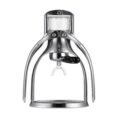
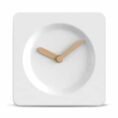

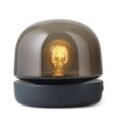
 SOFAS
SOFAS
 SECTIONALS
SECTIONALS
 ARMCHAIRS
ARMCHAIRS
 Headboards
Headboards
 Beds
Beds
 Deskes
Deskes
 Accent tables
Accent tables
 Mattresses
Mattresses
 Office chairs
Office chairs
 Outdoor seating
Outdoor seating
 Barstools
Barstools
 Ottomans
Ottomans
 Living room
Living room
 Bedroom
Bedroom
 Bathroom
Bathroom
 Kitching dining
Kitching dining
 Entryway
Entryway
 Home office
Home office
 Baby & kids
Baby & kids
 Outdoors
Outdoors
 Small spaces
Small spaces
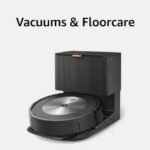 Vacuums & Floor Care
Vacuums & Floor Care
 Kitchen & bath fixtures
Kitchen & bath fixtures
 Food storage
Food storage
 Kitchen organization
Kitchen organization
 Glassware
Glassware
 Mugs & cups
Mugs & cups
 Dinerware
Dinerware
 Flatware
Flatware
 Small appliances
Small appliances
 Ice makers & more
Ice makers & more
 Coffee & tee
Coffee & tee
